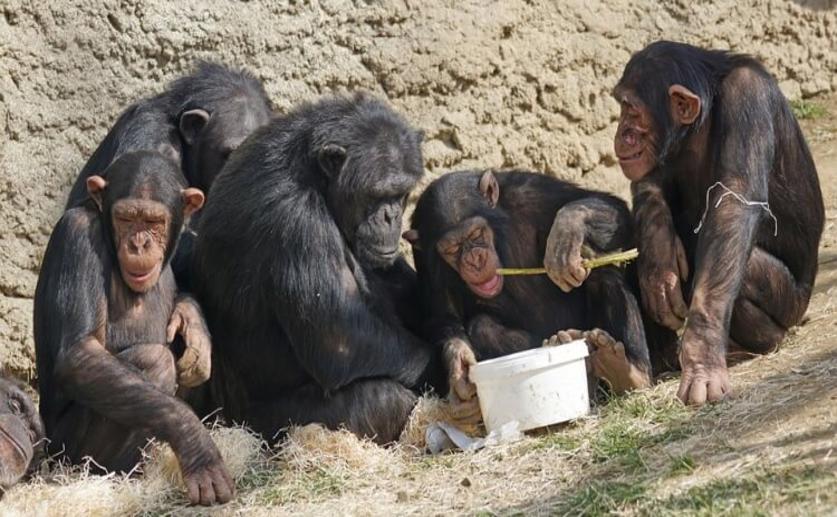
This archived news article is over 5 years old.
Oxytocin Encourages Group Cooperation and Coordination in Wild Chimpanzee Societies
Elizabeth Fox
27th December, 2016


Elizabeth Fox
27th December, 2016
